Home>diy>Building & Construction>How Much Is Foundation Repair In Texas?
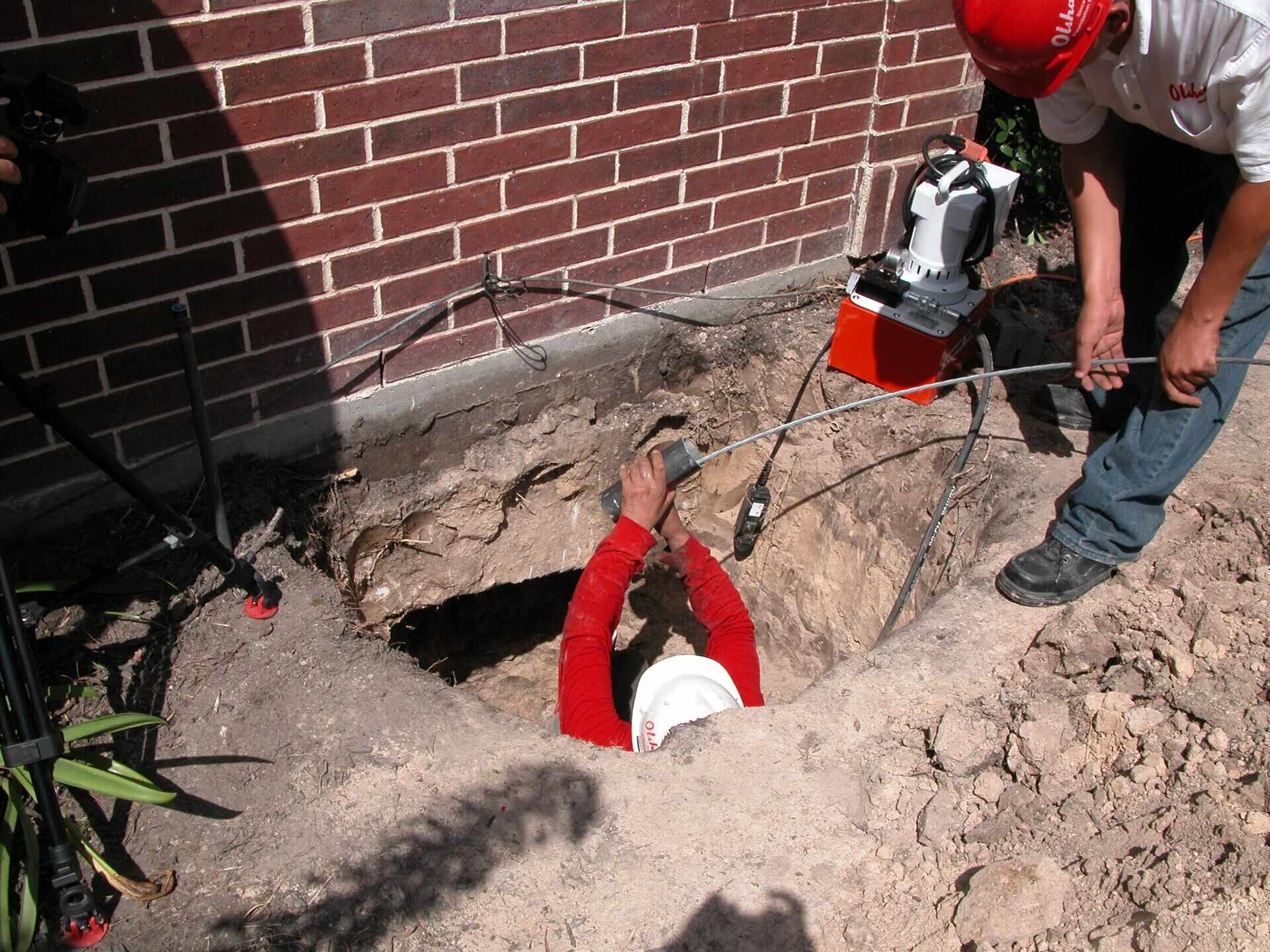

Building & Construction
How Much Is Foundation Repair In Texas?
Modified: January 6, 2024
Find out the cost of foundation repair in Texas for building construction. Expert insights and estimates to help you plan your budget.
(Many of the links in this article redirect to a specific reviewed product. Your purchase of these products through affiliate links helps to generate commission for Storables.com, at no extra cost. Learn more)
Introduction
Welcome to Texas, the Lone Star State known for its diverse landscape, vibrant cities, and rich cultural heritage. However, if you are a homeowner in Texas, you may also be familiar with the unique challenges that come with maintaining a sturdy foundation. In this article, we will explore the common types of foundation problems in Texas and delve into the factors that affect foundation repair costs. Whether you are facing a minor issue or a major structural concern, understanding the nuances of foundation repair can help you make informed decisions and safeguard your home’s stability.
Foundations are crucial to the overall structural integrity of a building. They bear the weight of the structure and provide a stable base upon which the rest of the building is constructed. However, due to Texas’ expansive soils and unpredictable weather patterns, foundations here are subjected to stress and movement, leading to potential problems over time.
From Houston to Dallas, San Antonio to Austin, various factors contribute to foundation issues in different parts of Texas. Soil composition, climate, and the age of the property are some of the primary factors that can impact the stability of a foundation. These factors can cause problems such as foundation settling, cracks in walls or floors, and uneven doors or windows.
Dealing with foundation problems can be a daunting task, both financially and emotionally. It is essential to understand the underlying causes and potential solutions to address the situation effectively. In the following sections, we will explore the factors that influence foundation repair costs, the common types of foundation problems in Texas, and strategies to prevent future damage.
Knowing what to expect and being proactive about addressing foundation issues can help you mitigate the risks associated with foundation problems. By gaining insight into the average cost of foundation repair in Texas and hiring reputable foundation repair contractors, you can ensure that your home remains stable and secure for years to come.
So, let’s dive in and explore the world of foundation repair in Texas, where we will unravel the mysteries and unveil the strategies to keep your home on solid ground.
Key Takeaways:
- Foundation repair costs in Texas vary based on factors like extent of damage, type of problem, and property size. Consulting reputable contractors for accurate estimates is crucial for informed decision-making.
- Preventing foundation problems in Texas through proper watering, drainage, and landscaping maintenance can minimize the risk of costly repairs. Regular inspections and timely repairs are key to preserving home stability.
Read more: How Much To Build A Foundation
Factors That Affect Foundation Repair Costs
When it comes to foundation repair, the total cost can vary significantly based on various factors. Understanding these factors can help you estimate and prepare for the expenses involved in addressing foundation issues in your Texas home.
1. Extent of Damage: The severity and extent of the foundation problem play a significant role in determining the repair costs. Minor cracks or shallow settling may only require minor repairs, which can be relatively inexpensive. On the other hand, extensive foundation damage, such as significant structural shifts or foundation failure, may necessitate more extensive and costly repairs.
2. Type of Foundation Problem: Different types of foundation problems require different repair techniques and materials. For example, issues like small cracks in the foundation can often be resolved through simple patching or sealing, which is generally less expensive. However, problems like foundation settlement or soil erosion may require more involved solutions, such as pier and beam foundation repair or soil stabilization, which can increase the overall repair costs.
3. Foundation Design: The design and complexity of the foundation system can impact the cost of repairs. Some homes in Texas have shallow foundations, while others may have deep or complex foundation systems. Homes with unique or complicated foundation designs may require specialized equipment and techniques, leading to higher repair costs.
4. Accessibility: The access to the foundation and the ease of reaching the affected areas can also influence the repair costs. If the foundation problem is in a difficult-to-reach location or if the repair team needs to excavate or remove obstacles, additional time and effort will be required, potentially increasing the overall cost.
5. Size and Type of Property: The size and type of your property can impact the foundation repair costs. Larger homes or commercial buildings typically require more extensive repairs, which can increase the overall expenses. Additionally, factors such as the number of stories, the presence of basements or crawl spaces, and the complexity of the property’s layout can also affect the repair costs.
6. Location: The location of your home in Texas can influence the foundation repair costs. The cost of living, local labor rates, and the availability of foundation repair specialists can vary from one region to another. Urban areas may have higher labor and material costs compared to rural areas, which can impact the overall repair expenses.
7. Reputation and Expertise of the Contractor: The reputation and expertise of the foundation repair contractor can also affect the cost. Experienced and reputable contractors may charge higher prices for their services, but they also provide a higher level of skill, knowledge, and quality workmanship, ensuring a more effective and long-lasting repair.
It’s important to remember that these factors are not exhaustive, and each foundation repair project is unique. The best way to determine the specific cost of foundation repair for your Texas home is to consult with a professional foundation repair contractor who can assess the situation and provide you with an accurate estimate.
Common Types of Foundation Problems in Texas
Living in Texas means dealing with unique challenges when it comes to maintaining a stable foundation. The expansive soil prevalent in many areas of the state, combined with extreme weather conditions, can lead to various foundation problems. Let’s explore some of the most common types of foundation issues you may encounter in your Texas home.
- Foundation Settling: This is one of the most common foundation problems in Texas. It occurs when the soil beneath the foundation compresses or shifts, causing the foundation to sink and settle unevenly. Signs of foundation settling include cracks in walls, floors, or ceilings, uneven floors, and doors or windows that are difficult to open or close.
- Foundation Cracks: Cracks in the foundation can occur due to several reasons, including soil movement, hydrostatic pressure, or excessive moisture. Cracks can vary in size and severity, from hairline cracks that are harmless to larger gaps that indicate a more significant structural issue. It’s essential to monitor and address foundation cracks promptly to prevent further damage.
- Foundation Heaving: In contrast to foundation settling, foundation heaving occurs when the soil beneath the foundation expands and pushes the foundation upwards. This can happen when the clay soil absorbs excessive moisture or when tree roots exert pressure on the foundation. Signs of foundation heaving include visibly raised portions of the foundation, uneven floors, and windows or doors that stick.
- Soil Erosion: Texas’ unpredictable weather, characterized by heavy rainfall and intense periods of drought, can lead to soil erosion around the foundation. When water washes away the soil, it creates voids or empty spaces beneath the foundation, compromising its stability. Signs of soil erosion include visible gaps or voids around the foundation, soil washouts, and uneven settling of the structure.
- Poor Drainage: Inadequate or improper drainage around the foundation can result in excessive water accumulation, leading to various foundation problems. Poor drainage can result from sloping landscapes, clogged gutters or downspouts, or ineffective grading. The excess water can cause soil expansion, hydrostatic pressure, and ultimately, foundation damage.
- Slope Movement: Many parts of Texas have hills or slopes, and if your property is located on a hillside, you may encounter slope movement issues. This can occur due to soil erosion, excessive moisture, and unstable soil conditions. Slope movement can cause the foundation to shift or rotate, leading to structural instability.
These are just a few examples of the foundation problems commonly observed in Texas. It’s crucial to understand that early detection and timely repairs are vital to prevent further damage and costly repairs down the line. If you notice any signs of foundation problems in your Texas home, it’s recommended to consult with a professional foundation repair contractor who can assess the situation and recommend the most appropriate repair solution.
Average Cost of Foundation Repair in Texas
When it comes to foundation repair, the cost can vary significantly depending on the severity of the problem and the specific repair techniques required. On average, foundation repair costs in Texas can range from $4,000 to $10,000 or more. However, it’s important to note that these figures are estimates, and the actual cost can fluctuate based on various factors.
The cost of foundation repair is typically calculated per pier or beam, as these are the primary methods used to address foundation issues. The number of piers or beams required will depend on the extent of the damage and the size of the property.
In general, the average cost per pier can range from $500 to $1,500. This cost includes the materials, labor, and equipment necessary for the installation. Keep in mind that the total number of piers needed can vary significantly, and larger properties or more severe foundation problems may require a higher number of piers, increasing the overall cost.
It’s essential to note that these prices are approximate averages and can vary based on factors such as location, soil conditions, accessibility, and the reputation of the foundation repair contractor.
Additional factors can also impact the overall cost of foundation repair in Texas. For example, if your foundation requires additional measures such as soil stabilization, drainage system installation, or the repair of any other related structural issues, the total cost will increase accordingly.
When budgeting for foundation repair, it’s crucial to consider the long-term benefits. Timely repairs can prevent further damage to your home and potentially save you money in the long run. Ignoring foundation problems can lead to more extensive damage, which will require more extensive and costly repairs.
It’s highly recommended to consult with multiple reputable foundation repair contractors to obtain accurate estimates for your specific situation. They will assess the extent of the damage, evaluate the necessary repairs, and provide you with a detailed breakdown of the costs involved. This will help you make an informed decision and budget accordingly.
Remember, foundation repair is an investment in the stability and longevity of your home. While the costs may seem substantial, addressing foundation problems promptly can help safeguard your property and prevent more significant expenses in the future.
Tip: The cost of foundation repair in Texas can vary depending on the extent of the damage, the size of the home, and the method of repair. It’s important to get multiple quotes from reputable contractors to ensure you’re getting a fair price.
Hiring a Foundation Repair Contractor in Texas
When it comes to foundation repair, hiring a reputable and experienced contractor is crucial to ensure that the job is done correctly and effectively. With numerous contractors offering their services in Texas, it’s essential to follow certain guidelines to make an informed decision. Here are some factors to consider when hiring a foundation repair contractor:
- Research and Gather Recommendations: Begin by conducting thorough research and obtaining recommendations from trusted sources such as friends, family, or neighbors who have previously dealt with foundation repair. Look for contractors with positive reviews and a proven track record of delivering quality work.
- Verify Credentials and Licensing: It’s important to ensure that the contractor you hire is licensed and insured. Request to see their credentials and certifications, as this demonstrates their professionalism and commitment to their craft. Additionally, check if they are members of recognized industry associations, as this indicates a dedication to maintaining high standards.
- Experience and Expertise: Foundation repair is a specialized field, so it’s crucial to hire a contractor who has extensive experience in dealing with similar projects. Inquire about their specific expertise in the type of foundation problem you are facing, whether it’s settling, cracks, or other issues that are common in Texas.
- Obtain Multiple Quotes: Request quotes from at least three different contractors to compare prices and services. Be wary of unusually low or high quotes, as they may indicate subpar workmanship or hidden costs. Look for a balance of competitive pricing and quality services.
- Ask for References: Request references from previous clients and take the time to contact them. Inquire about their experience with the contractor, the quality of the work performed, and their overall satisfaction. This will provide insight into the contractor’s professionalism, reliability, and ability to deliver satisfactory results.
- Ask About Repair Techniques: Inquire about the repair techniques that the contractor plans to use for your specific foundation problem. A reliable contractor will be able to explain the process and the materials they will use to address the issue. They should also be willing to answer any questions or concerns you may have.
- Warranty: Inquire about the warranty offered by the contractor. A reputable contractor will provide a warranty for their work, which gives you peace of mind knowing that they stand behind their repairs. Ask for the warranty details in writing and make sure you understand the coverage and duration.
- Contract and Payment Terms: Before any work begins, ensure that you have a detailed contract in place. The contract should outline the scope of the work, the timeline, and the payment terms. Read the contract carefully and clarify any doubts or concerns before signing. Never make full payment upfront; instead, agree upon a payment schedule that aligns with the progress of the project.
- Communication and Professionalism: Evaluate the contractor’s communication and professionalism throughout the hiring process. A reliable contractor should promptly respond to your inquiries, provide clear and detailed explanations, and demonstrate professionalism in their interactions.
By following these guidelines and taking the time to thoroughly vet potential contractors, you can ensure that you hire a reputable and experienced professional for your foundation repair needs in Texas. Remember, investing in the right contractor will provide you with peace of mind and a foundation that is stable and secure for years to come.
Additional Costs Associated with Foundation Repair
When it comes to foundation repair, it’s important to consider not only the direct costs associated with the repairs themselves but also the additional expenses that may arise during the process. These additional costs can vary depending on the specific circumstances and requirements of each project. Here are some common additional costs you may encounter when addressing foundation issues in Texas:
- Structural Assessment: Before any repairs can take place, it may be necessary to conduct a structural assessment of your property. This assessment helps identify the severity of the foundation problem and provides crucial information for determining the appropriate repair strategy. The cost of a structural assessment can range from a few hundred to a few thousand dollars, depending on the complexity of the assessment and the size of the property.
- Permits and Inspections: Depending on local regulations and the scope of the foundation repair project, you may need to obtain permits or schedule inspections. These permit fees and inspection costs can add to the overall expenses of the project. It’s important to check with your local authorities to ensure you comply with any necessary regulations and factor in these costs when budgeting for the repairs.
- Temporary Accommodation: In some cases, foundation repairs may require you to temporarily vacate your home or make alternative living arrangements during the construction process. Renting a temporary residence or staying with family and friends can incur additional costs, such as rent, utilities, and moving expenses. It’s essential to consider these potential costs when planning for foundation repairs.
- Landscaping and Yard Restoration: Depending on the extent of the repairs and the equipment used, your landscaping and yard may be affected. Excavation and soil disturbance can result in damage to plants, trees, and outdoor fixtures. Restoring your yard and landscaping post-repairs can involve expenses such as replanting, reseeding, and beautification. It’s important to factor in these costs when budgeting for foundation repairs.
- Additional Repairs: In some cases, foundation problems may lead to secondary damages that need to be addressed alongside the foundation repairs. For example, cracked walls or ceilings may require patching or repainting. Additionally, if plumbing or electrical systems are affected, you may need to hire professionals to repair or relocate these systems. It’s crucial to account for any potential additional repairs when estimating the overall cost of the project.
- Maintenance and Preventive Measures: Once your foundation repairs are complete, it’s important to implement preventive measures and invest in ongoing maintenance to ensure the long-term stability of your home’s foundation. This can include actions such as proper drainage, regular inspection, maintaining stable moisture levels around the foundation, and periodic foundation maintenance. The cost of such preventive measures should be factored into the overall cost of foundation repair.
- Financing Costs: If the total cost of foundation repair exceeds your immediate budget, you may need to explore financing options. Depending on the loan terms and interest rates, financing the repairs can result in additional costs in the form of interest payments. It’s essential to consider these financing costs and choose an option that aligns with your budget and long-term financial goals.
It’s important to consult with a professional foundation repair contractor to assess your specific situation and get an accurate estimate of both the direct repair costs and any potential additional expenses. By understanding and budgeting for these additional costs, you can ensure that you have a realistic financial plan in place for your foundation repair project in Texas.
Ways to Prevent Foundation Problems in Texas
Prevention is always better than cure, especially when it comes to foundation problems. While Texas’ unique soil composition and weather patterns can pose challenges for maintaining a stable foundation, there are several proactive measures you can take to help prevent foundation issues. Here are some effective ways to protect your home’s foundation in Texas:
- Proper Watering and Drainage: The consistent presence of moisture in the soil is crucial for maintaining stable foundation conditions. It’s important to establish a watering routine that ensures the soil around your foundation remains moisturized, especially during dry periods. However, be cautious not to overwater, as excessive moisture can cause soil expansion and subsequent foundation problems. Additionally, ensure that your property has proper drainage to redirect water away from the foundation and prevent pooling or accumulation of water.
- Maintain Consistent Moisture Levels: Aim for consistent moisture levels around the foundation throughout the year. Avoid large fluctuations in moisture levels, as this can cause the soil to expand and contract, leading to foundation movement and cracks. Consider using soaker hoses or automatic irrigation systems to ensure a consistent and controlled moisture balance around the foundation.
- Manage Landscaping: Landscaping around your home can have a significant impact on the foundation. When planting trees or large shrubs near the foundation, select species with non-invasive root systems and plant them at an appropriate distance from the house. Tree roots can exert pressure on the foundation or extract moisture from the soil, potentially causing damage. Regularly maintain vegetation and remove any overgrown roots that may pose a risk to the foundation.
- Maintain Proper Grading: The slope or grading around your home should be designed to direct water away from the foundation. Ensure that the ground slopes away from the house, allowing water to flow naturally and prevent moisture accumulation at the foundation. Regularly inspect and improve the grading as necessary to prevent the development of low spots or areas where water could collect.
- Keep Gutters and Downspouts Clean: Clogged or damaged gutters and downspouts can lead to water overflow, causing excessive moisture near the foundation. Regularly clean and maintain gutters and downspouts to ensure proper water flow and prevent any water-related issues that could affect the foundation. Consider installing gutter guards to minimize debris accumulation and reduce the need for frequent cleaning.
- Regular Foundation Inspections: Regular inspections of your home’s foundation can help detect any signs of potential problems early on. Look for cracks, gaps, or other indications of movement. If you notice any concerning signs, consult a professional foundation expert to evaluate the situation and provide appropriate recommendations for repairs or preventative measures.
- Address Plumbing Leaks Promptly: Plumbing leaks can introduce moisture to the soil near the foundation, leading to soil expansion and potential foundation damage. If you suspect a plumbing leak, such as water stains, high water bills, or unexplained moisture around your home, address it promptly by hiring a professional plumber to repair the issue.
- Consult with a Foundation Professional: If you have concerns about your home’s foundation or want to take proactive measures to prevent future problems, consult with a professional foundation contractor or engineer. They can assess your property, provide expert recommendations based on your specific circumstances, and suggest appropriate preventative measures to protect your foundation.
By implementing these preventive measures, you can significantly reduce the risk of foundation problems and maintain the stability of your home in Texas. Remember, early intervention and regular maintenance are key to preserving the integrity of your foundation and ensuring the long-term structural soundness of your property.
Conclusion
Maintaining a solid foundation is essential for any home in Texas, where the unique soil composition and unpredictable weather can pose challenges. Understanding the factors that affect foundation repair costs, being aware of common foundation problems, and implementing preventive measures are key to preserving the stability and integrity of your home.
Foundation repair costs can vary depending on the severity of the issue, the specific repair techniques required, and the size of the property. It’s important to consult with reputable foundation repair contractors to obtain accurate estimates and ensure you are making informed decisions.
By taking proactive steps to prevent foundation problems, such as managing moisture levels, maintaining proper drainage, and addressing landscaping and grading, you can minimize the risk of foundation damage. Regular foundation inspections and prompt repairs of plumbing leaks or other issues will also help preserve the stability of your home’s foundation.
Remember that prevention is key, and investing in foundation maintenance and preventive measures can save you from more significant expenses down the line. The cost of preventative measures is minimal compared to the potential costs of extensive foundation repairs or structural damage.
When hiring a foundation repair contractor in Texas, it’s important to research, verify credentials, and seek recommendations from trusted sources. Choose a contractor with experience, expertise, and a track record of delivering quality workmanship. Signing a detailed contract and understanding the payment terms will ensure transparency and help avoid misunderstandings.
Taking care of your foundation not only protects your home’s structural integrity but also provides you with peace of mind and increased property value. Regular maintenance, staying vigilant for signs of trouble, and promptly addressing any issues will help you maintain a stable foundation and enjoy your Texas home for years to come.
By following these guidelines and taking proactive measures, you can safeguard your home’s foundation from problems and ensure a safe and secure living environment. Your home is your biggest investment, and a solid foundation is the key to its longevity and comfort.
Frequently Asked Questions about How Much Is Foundation Repair In Texas?
Was this page helpful?
At Storables.com, we guarantee accurate and reliable information. Our content, validated by Expert Board Contributors, is crafted following stringent Editorial Policies. We're committed to providing you with well-researched, expert-backed insights for all your informational needs.
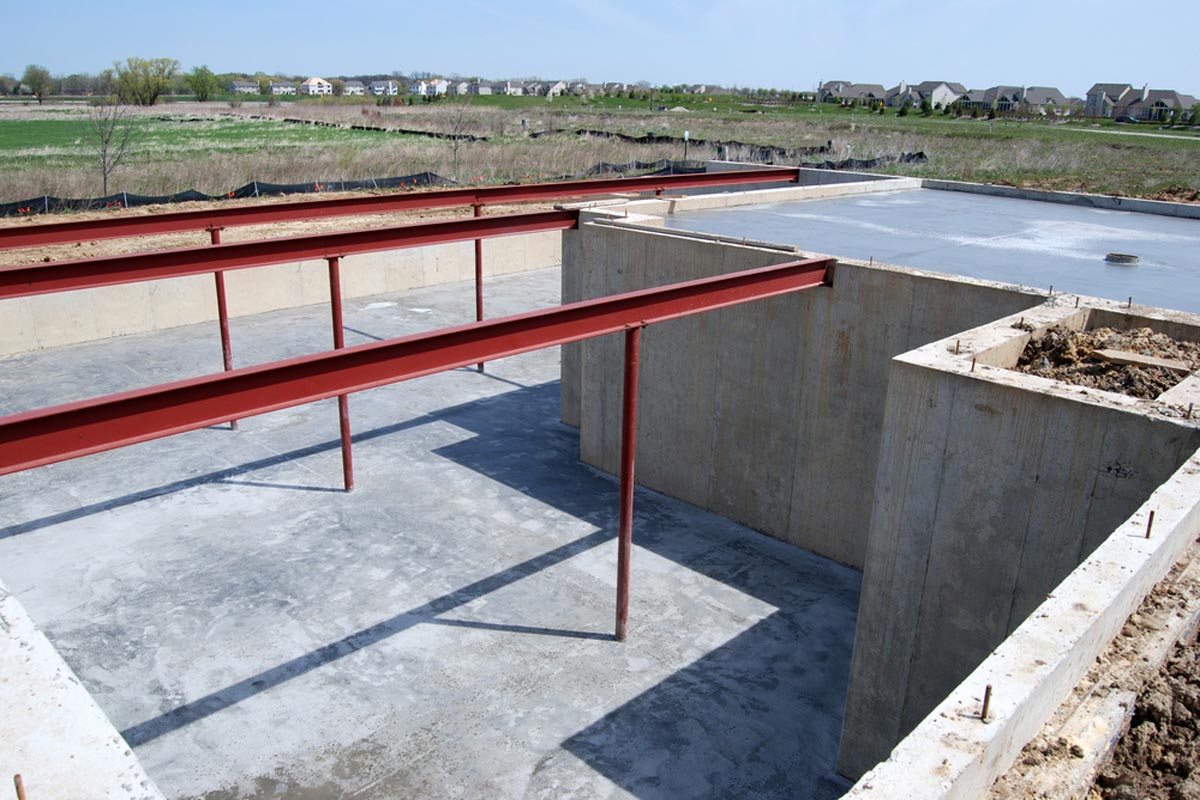
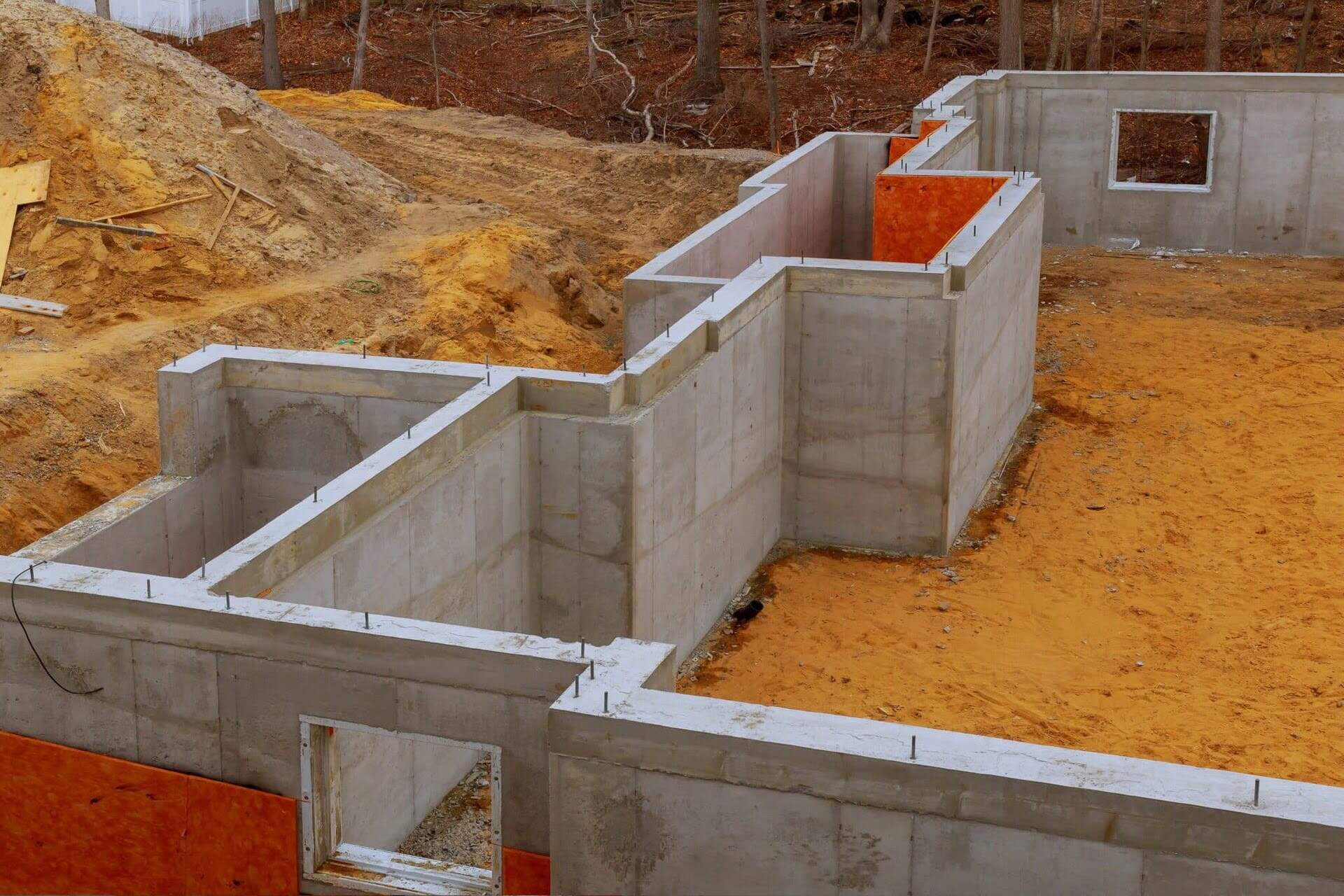
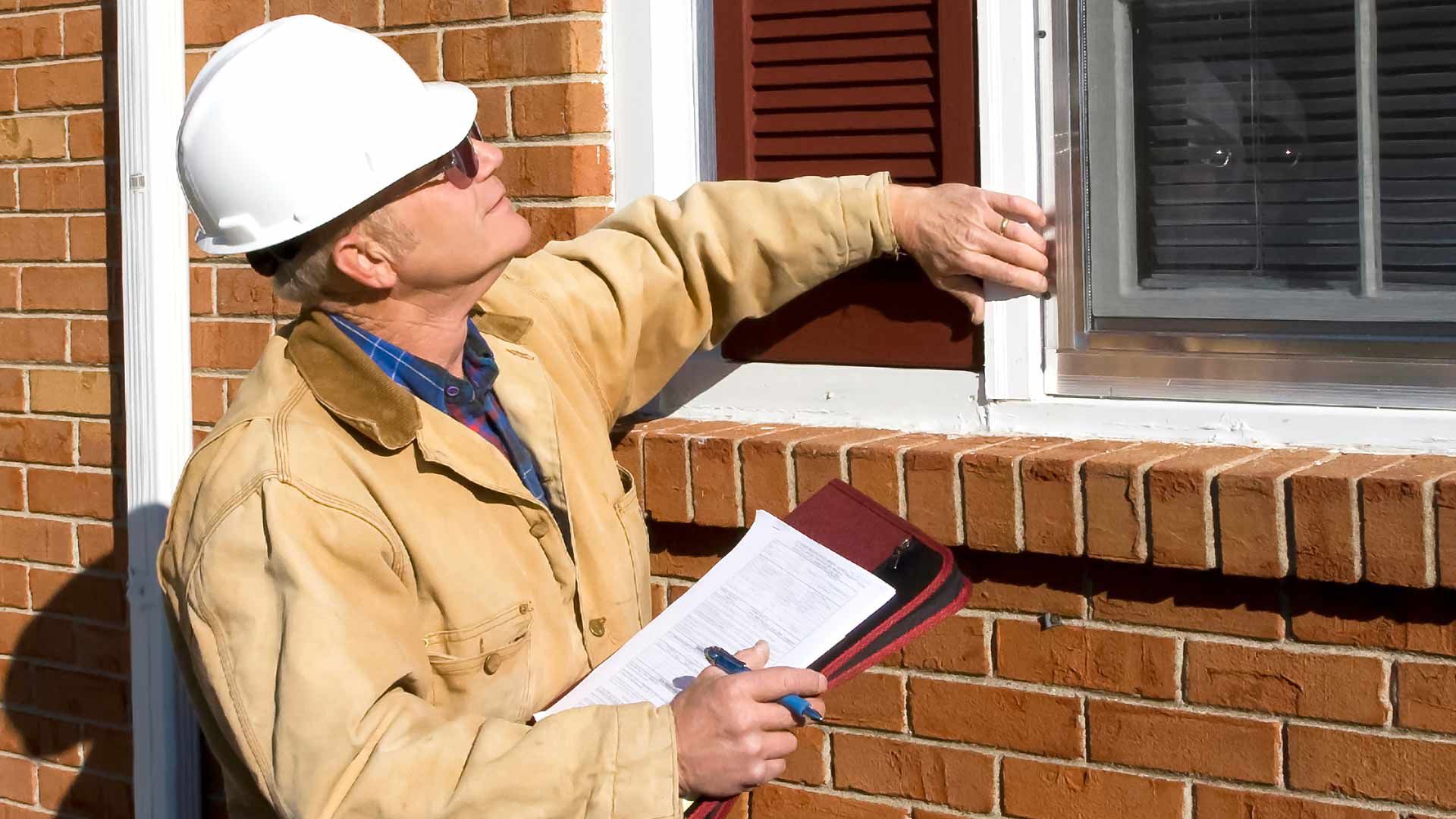
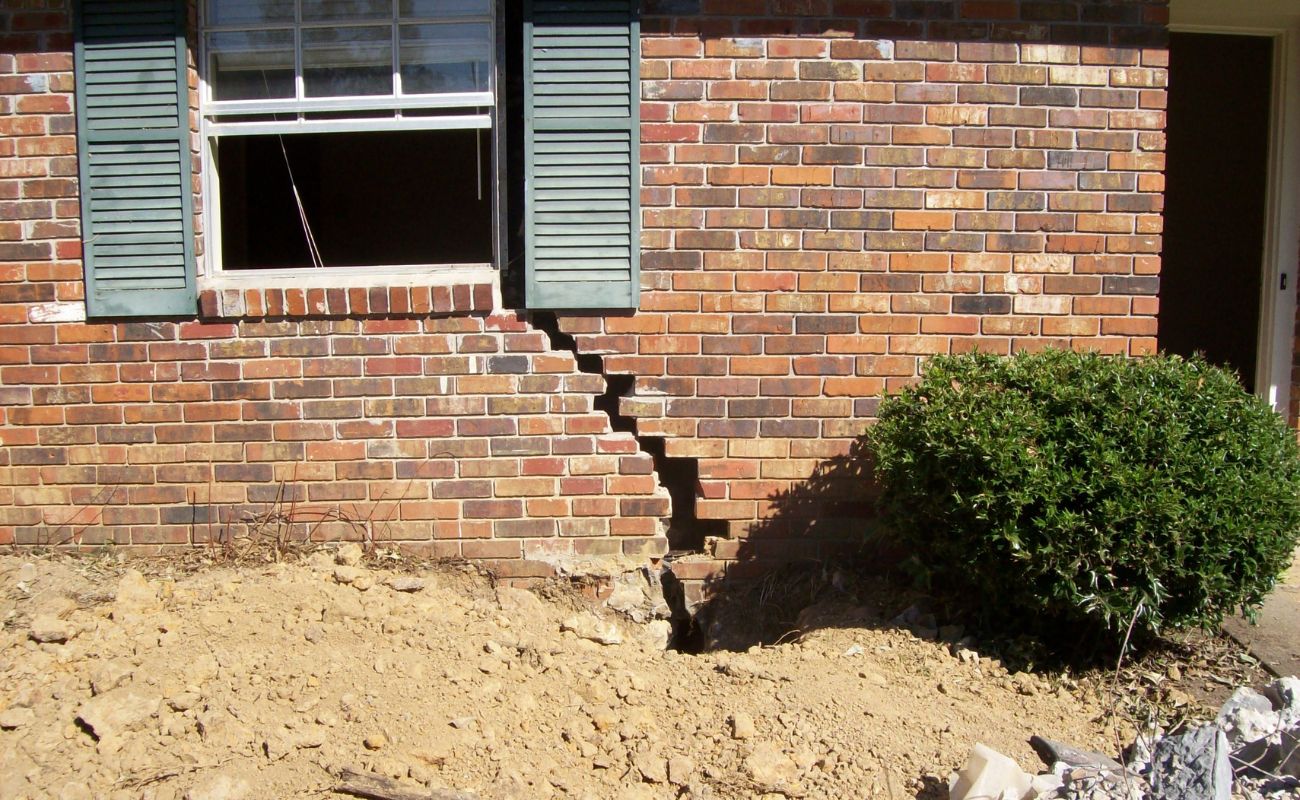
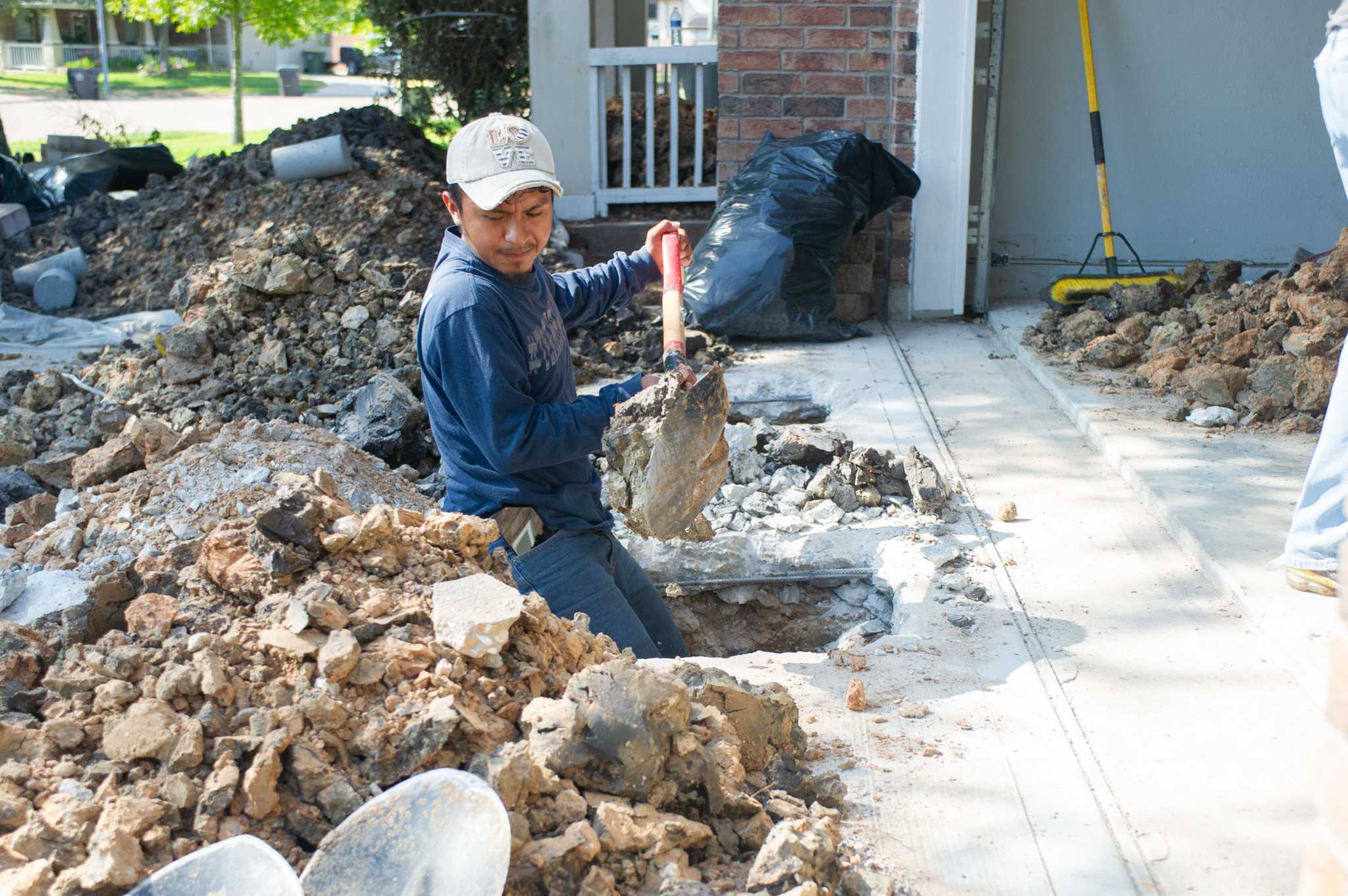
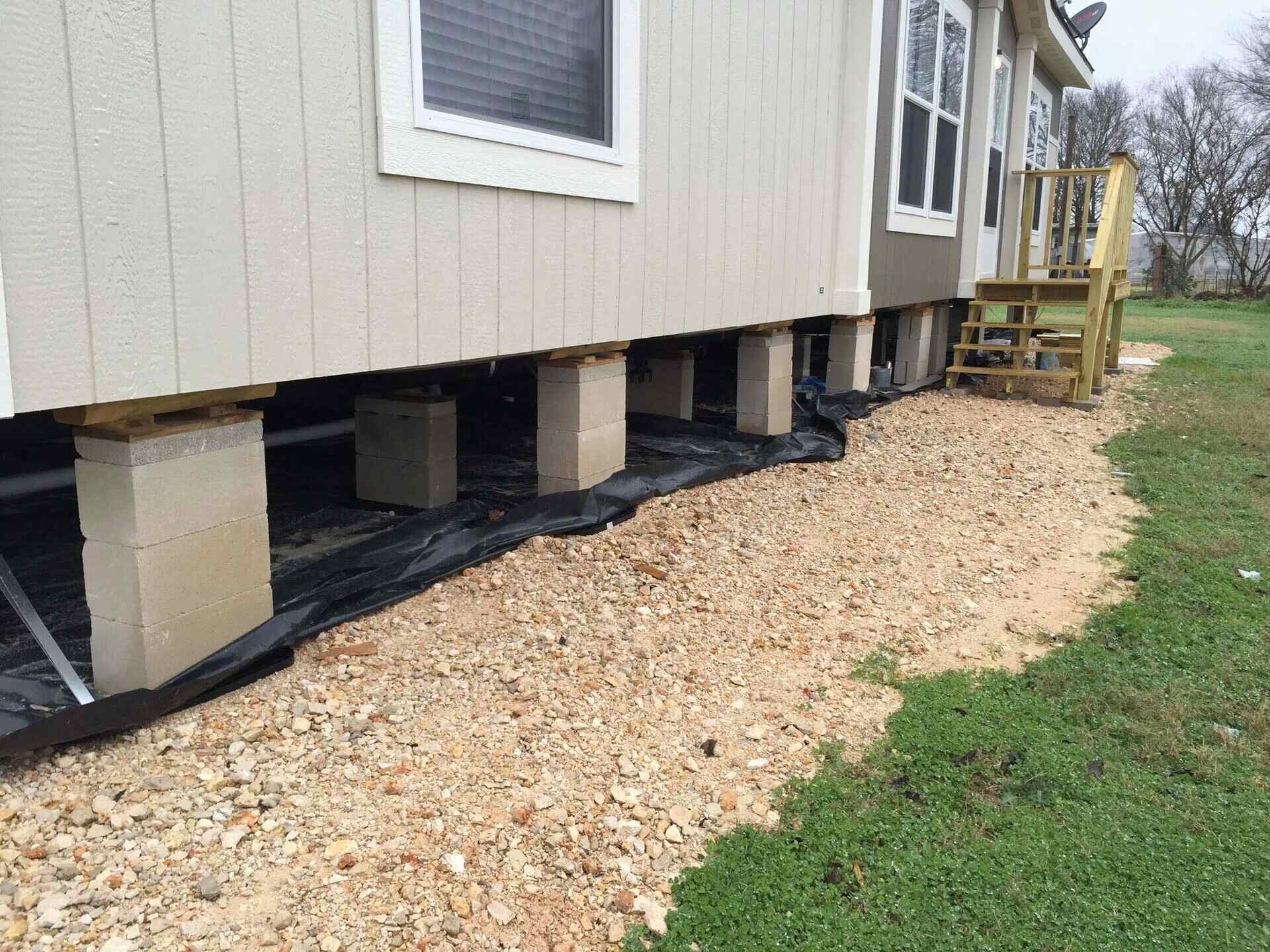
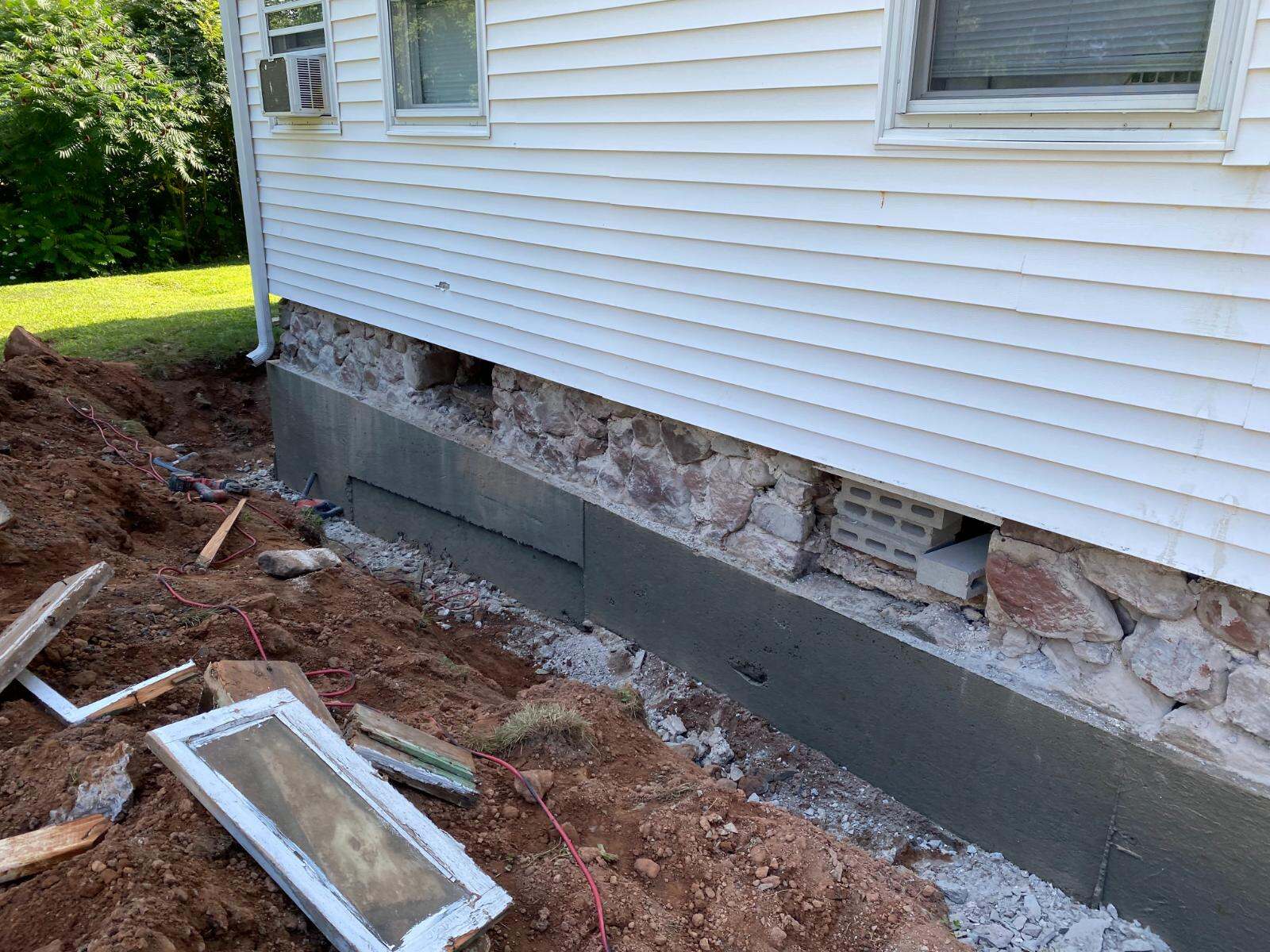
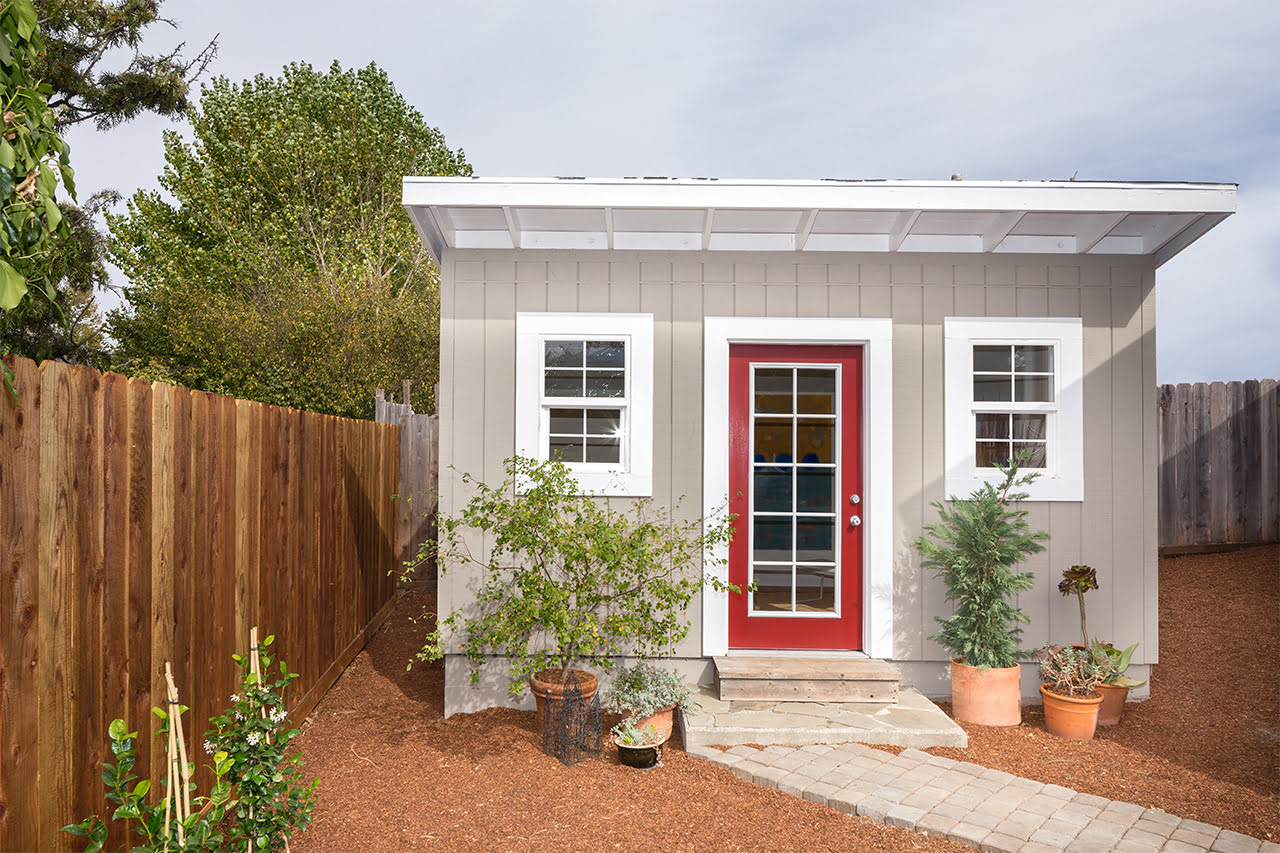
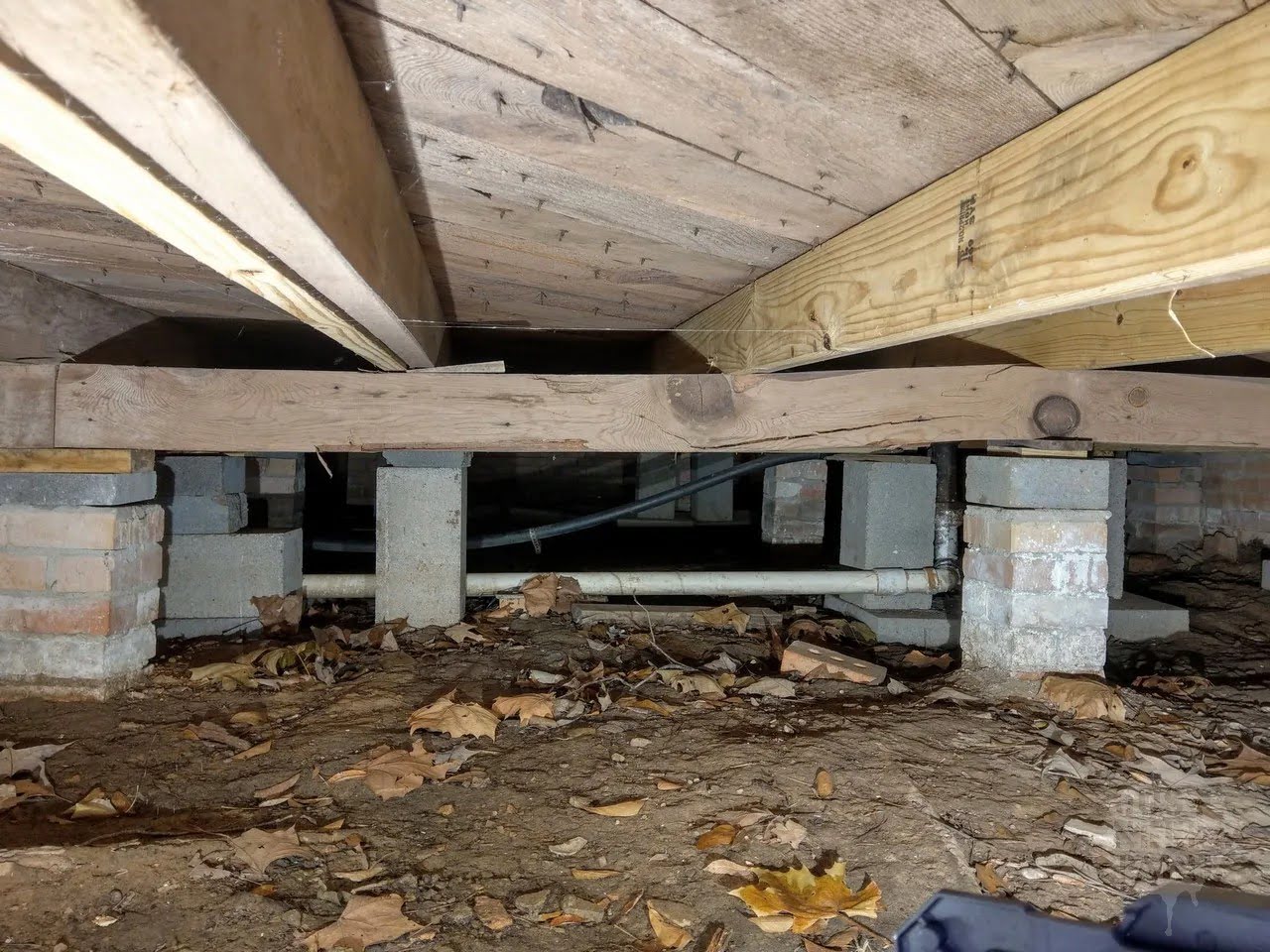
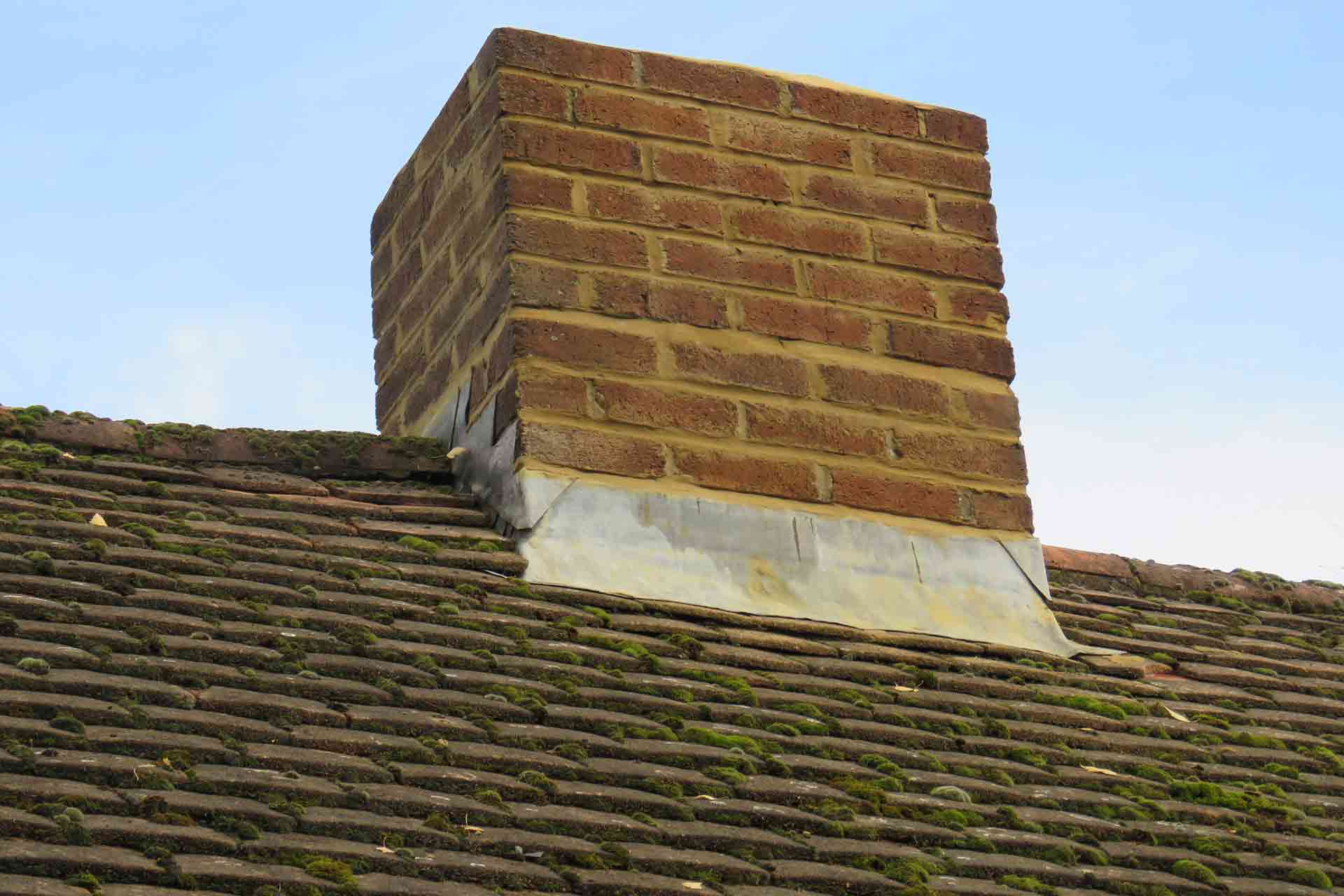
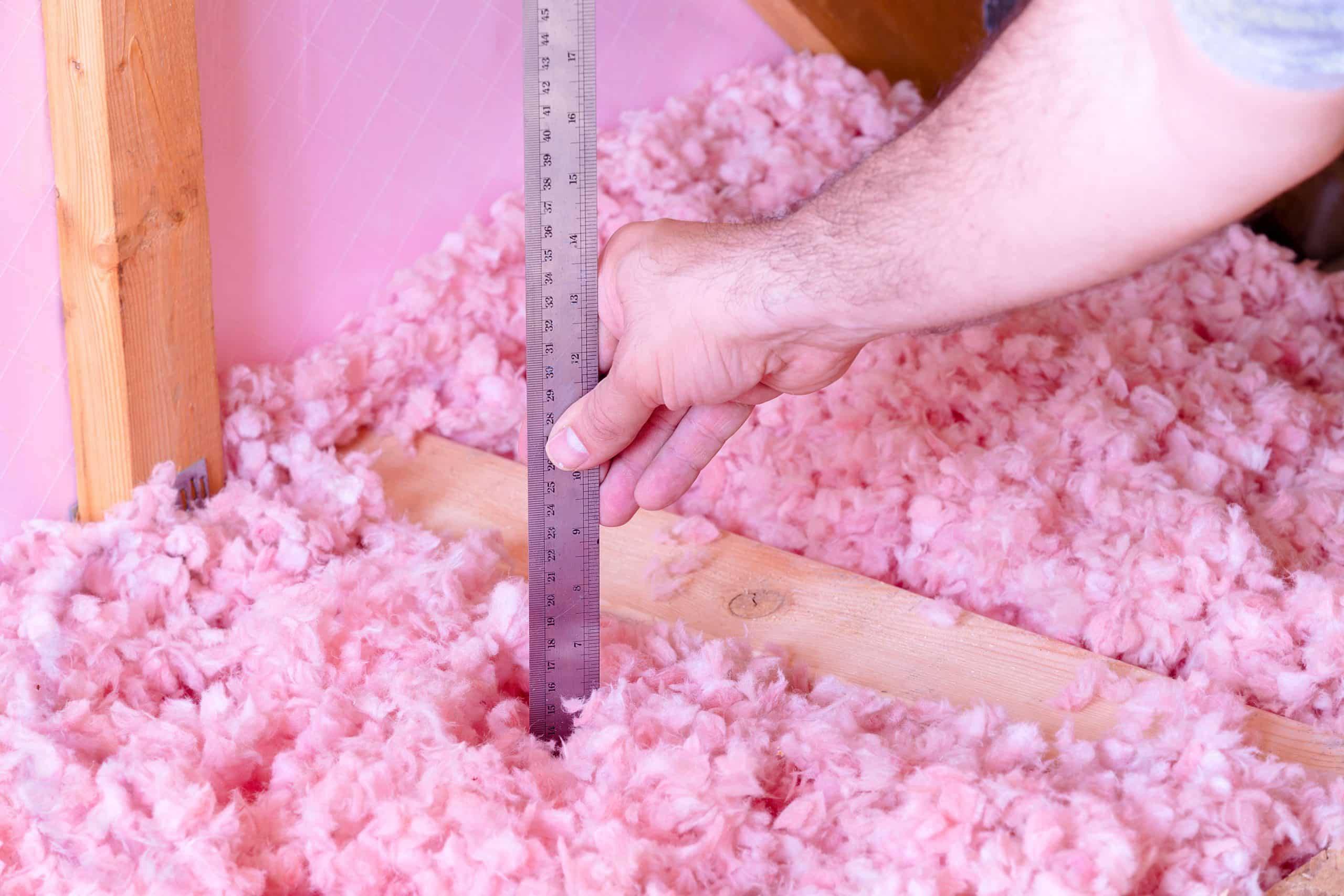
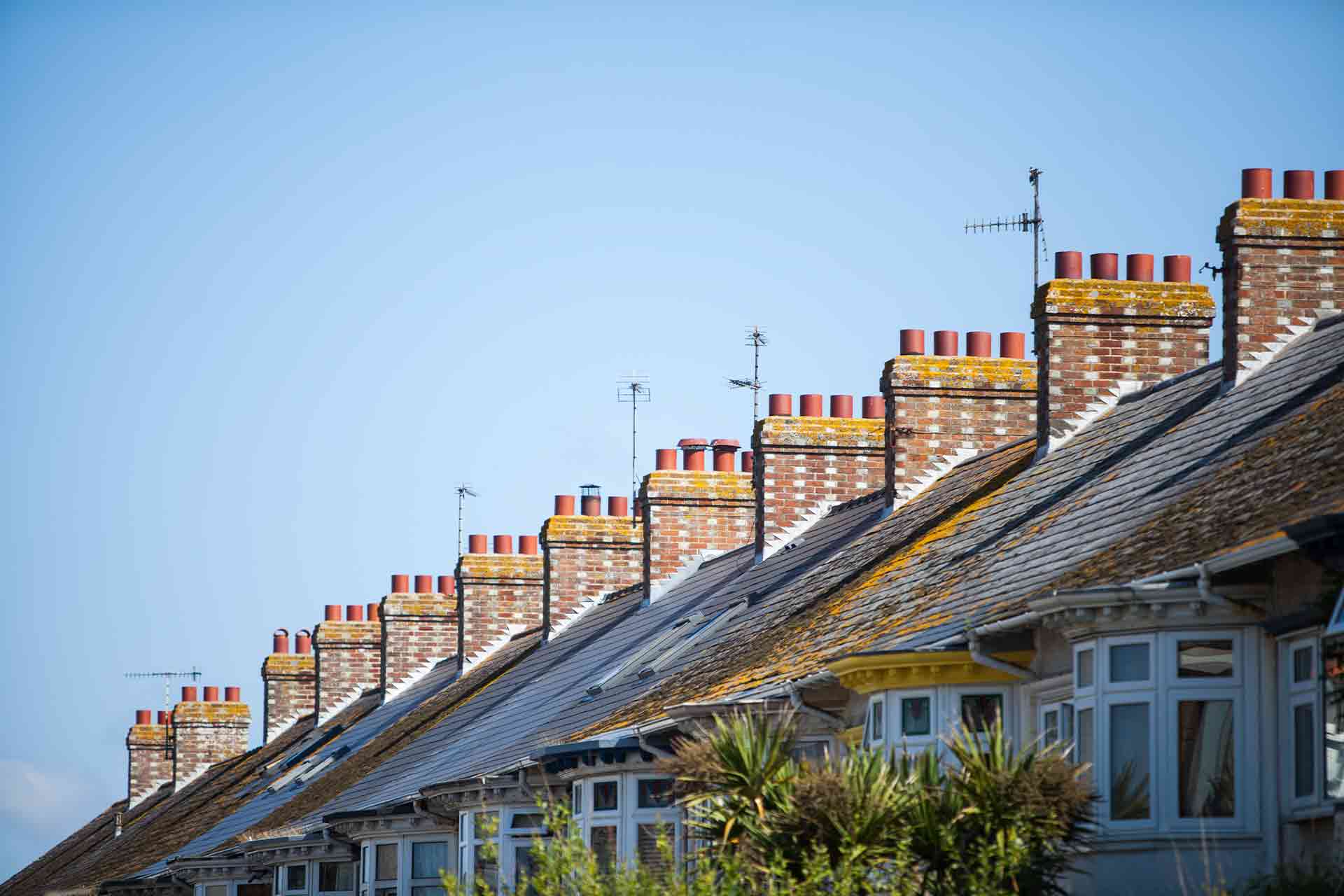
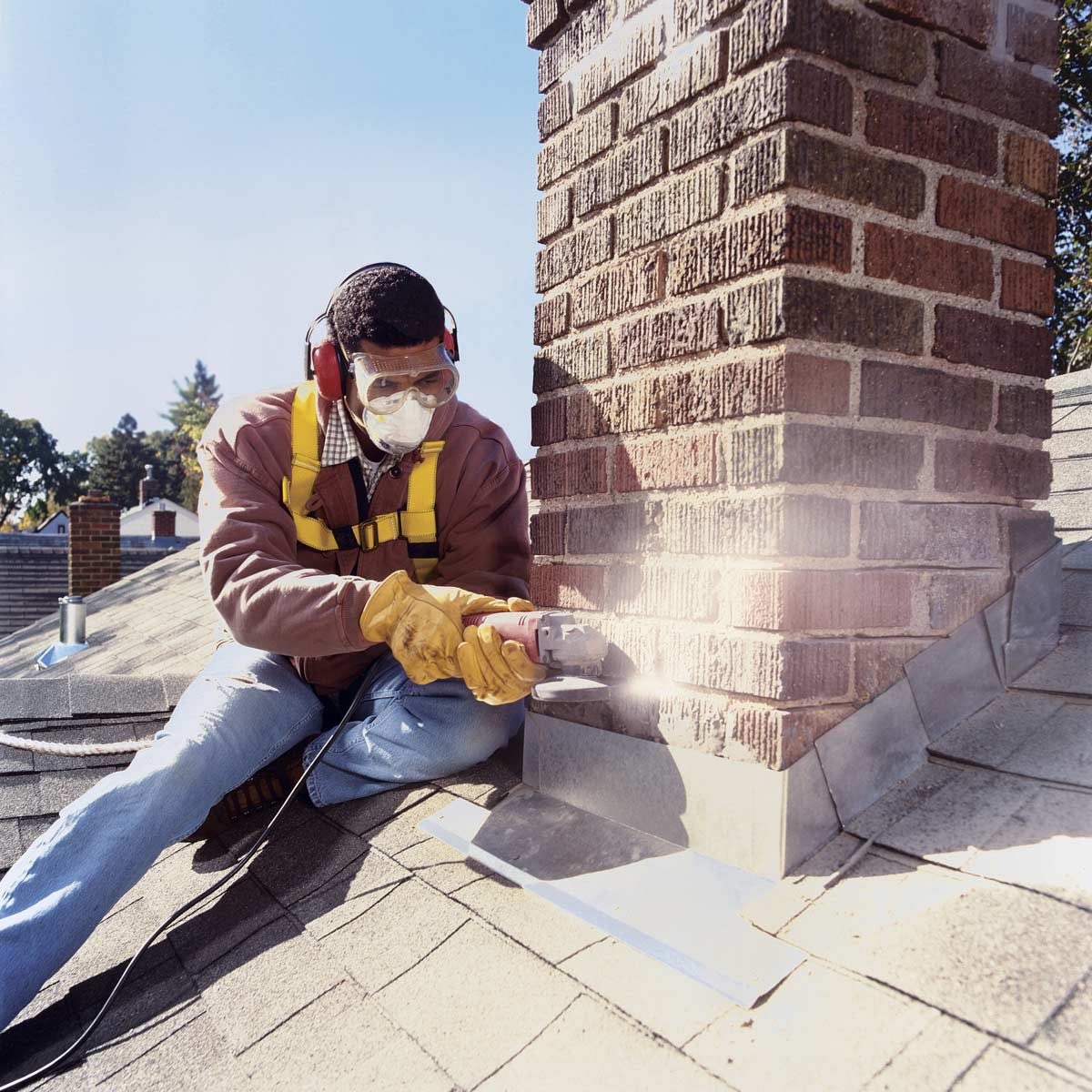
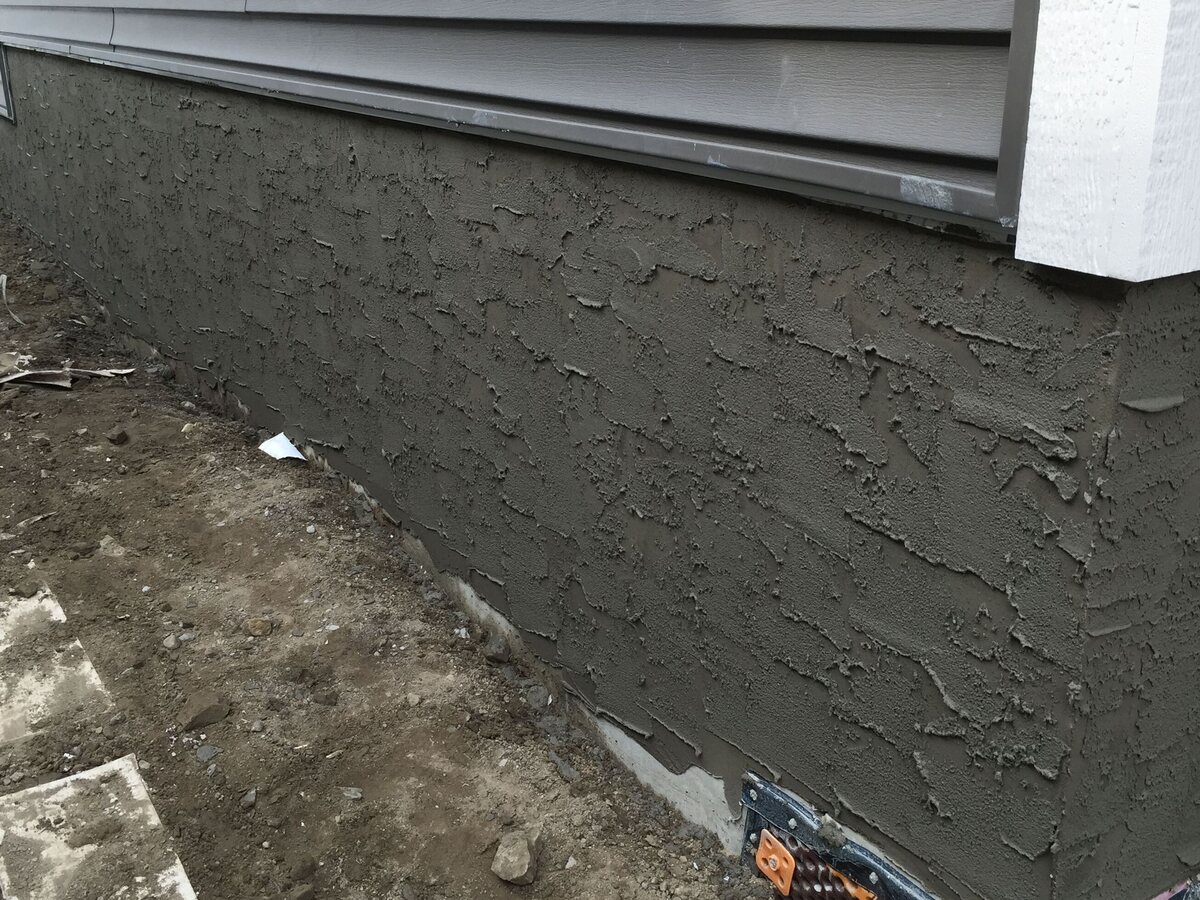

0 thoughts on “How Much Is Foundation Repair In Texas?”